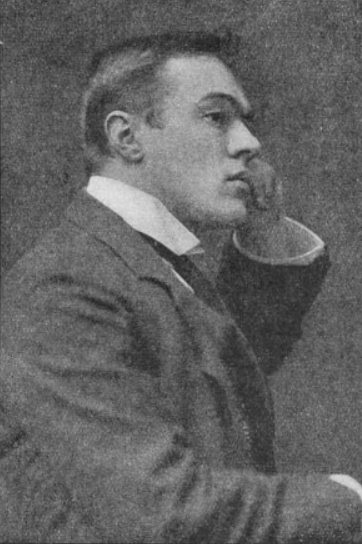Edmund Sidney Pollock Haynes

26 Sep 1877 - 5 Jan 1949
Also known as: E. S. P. Haynes
Short Fiction
Biography
Edmund Sidney Pollock Haynes is not known for his short fiction; he was first a lawyer, and then a writer. When he did write, it was usually essays on divorce, maintaining individual liberty, or the law. Nevertheless, his short story “Domestic Studies in 2000 AD” falls in line with his ideology. Haynes was the son of a lawyer and would prove to follow in his father’s footsteps. Little is known of his childhood, but he was very successful in his studies: he was a King’s scholar at Eton College until awarded the Brakenbury scholarship at Balliol College, Oxford. When he graduated in 1899, he was second in his class. From there, he joined his father’s “Lincoln’s Inn family solicitors’ practice” in London and remained there for the next 48 years (DNB). Apart from being a lawyer, Haynes campaigned for the Divorce Law Reform Union, drafting his own reform bills that would allow for easier methods to obtain a divorce (DNB). Haynes was a strong supporter of women’s suffrage, equal pay between sexes, and the end of job-based sex discrimination. He was critical of organized religion, but recognized it provided an important protection to the individual and the family from the state (DNB). Haynes married Oriana Huxley Waller, and they had three daughters together. While beloved by his family and friends, he also had a darker side. Haynes supposedly enjoyed showing off his pornography to young men visitors and would beat his dog. He died of pneumonia in 1949 at home in London.
Living in booming London during the early twentieth century surely influenced Haynes’s ideas toward democracy and gender roles. These ideas are blatant in his two-part short story featured in The New Freewoman (1913), “Domestic Studies in 2000 AD.” Part one of the short story is heavily influenced by Haynes’s fear that democracy was in danger—that one’s individual liberties would be absorbed by the government. The second part of the story plays with gender roles and asserts women in the work place to the point of playing traditional masculine roles. This short story is likely the only piece of fiction from E. S. P. Haynes.
Further Reading
Cretney, S. M. "Haynes, Edmund Sidney Pollock.", 2011, https://doi-org.erl.lib.byu.edu/10.1093/ref:odnb/38874
Contributors
- Morgan Lewis
- Kimberly Plater